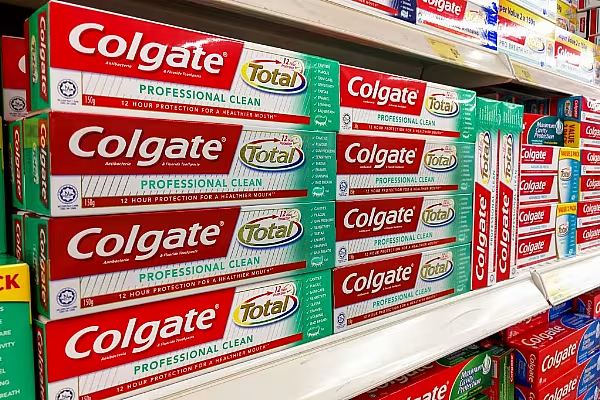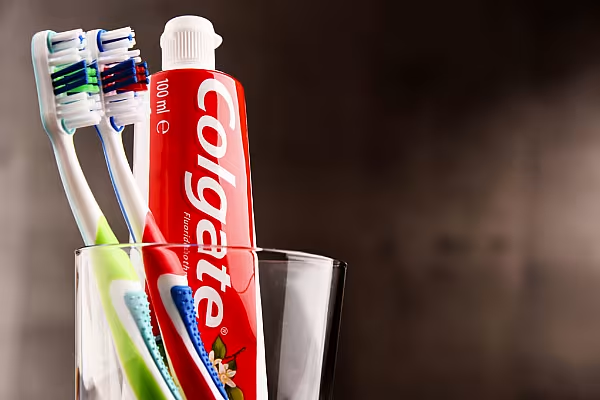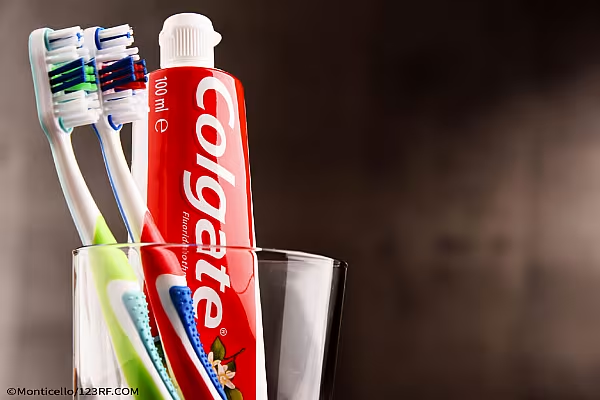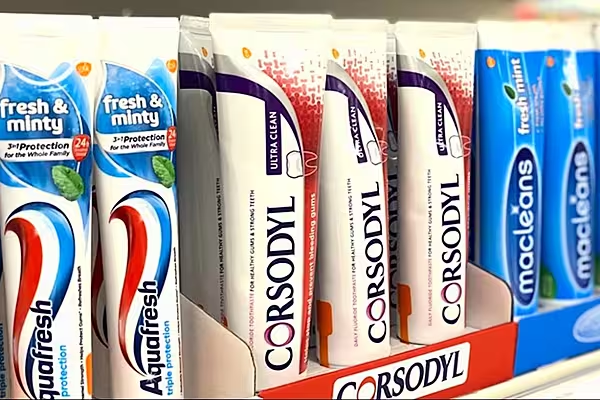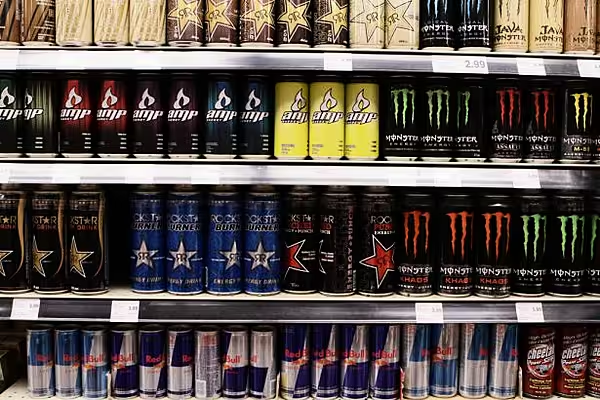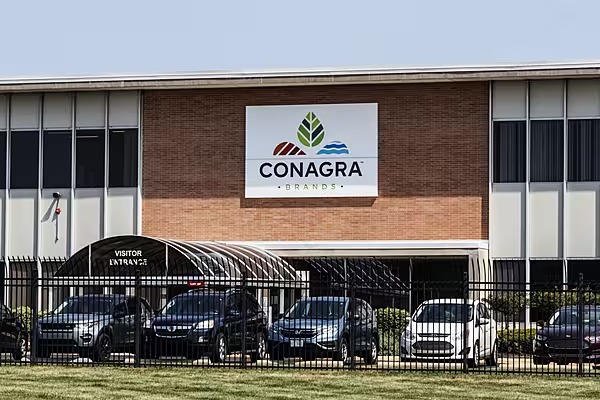Teeth aren’t the only thing Sensodyne toothpaste can protect from pain and erosion. The 55-year-old product holds the promise of delivering a similar service to GlaxoSmithKline Plc’s shareholders.
The toothpaste is part of a consumer-health business that could in a few years generate enough cash to cover half the dividend Glaxo pays to investors, Chief Executive Officer Andrew Witty said in an interview. The division, a joint venture with Novartis AG controlled by London-based Glaxo, is likely to deliver as much as £10 billion ($14.4 billion) in revenue, he said.
The projected earnings are key to Witty’s argument that a business selling over-the-counter Panadol painkillers and Tums antacids is a source of stability – and not a distraction – for the U.K.’s largest drugmaker. While some investors led by Neil Woodford have called for Glaxo to divest the consumer division, Witty, who plans to step down next March, argues it’s on track to double its profit margins and deliver returns to shareholders.
"We’re talking about a big, big business, with a significant capacity to produce value for shareholders," Witty said. "And what I’ve shown – and what I think the company has shown – is that we’ve got a terrific track record of passing that value directly to shareholders in dividend payments."
Diversifying Revenue
Witty has made building the consumer unit one of the cornerstones of his strategy since taking the helm in 2008. He set out then to diversify the source of revenue away from the boom-or-bust nature of pharmaceutical research and development, warning of the hard times that lay ahead with patents expiring on major drugs like Advair and US payers demanding more cost-effective healthcare.
The announcement last week that the CEO would step down in March 2017 has triggered speculation about whether Witty’s successor may abandon his strategy.
Glaxo’s consumer, vaccines and HIV businesses could each be large enough to join the UK’s benchmark FTSE 100 index if they were broken off, according to Woodford, one of the 20 largest investors in the drugmaker. Some other shareholders agree.
"There is more value within the company than is represented within the share price," said Joe Walters, a fund manager at Royal London Asset Management Ltd. Businesses like the consumer division "go for very high multiples, simply because they offer steady growth almost into perpetuity."
Witty’s arguing that Glaxo should stay the course.
Growth Story
Under him, the consumer division has grown to 6 billion pounds last year from £3.5 billion in sales in 2007. It now accounts for a quarter of Glaxo’s revenue and 12 per cent of its core operating profit. Leerink Partners LLC projects it will grow further, to £8 billion by 2020.
The business’s profitability is on track to improve, and will climb to at least 20 per cent over the next five years, Witty told investors in February. It posted a core operating margin of 11.3 per cent last year, as assets acquired from Novartis for the joint venture through a three-way asset swap carried a heavier cost base.
Glaxo aims to boost those margins by cutting costs and investing in products like Sensodyne and over-the-counter medicines Voltaren and Panadol, which have higher-than-average gross margins. Sensodyne is Glaxo’s second-largest product after Advair.
Key Product
Sensodyne alone is on its way to becoming a £1 billion product for the company, Witty said in a call with analysts last month. Ranked third in the world by sales, it’s growing faster than Colgate-Palmolive Co.’s eponymous toothpaste and Procter & Gamble Co.’s Crest as Glaxo capitalizes on growing tooth sensitivity.
The success of such over-the-counter products, which don’t face the patent cliffs and limited market life of doctor-prescribed medicines, mean that the consumer division can generate a steady cash flow to pay the dividends, according to Witty.
Glaxo has the highest dividend payout ratio among the world’s 10 biggest drugmakers, according to data compiled by Bloomberg. Some stakeholders have questioned whether those returns are sustainable, while others have suggested that perhaps the funds would be better invested in research or in-licensing new drugs.
Still, the company has pledged to pay ordinary dividends of 80 pence a share through 2017. And Witty says he will be focused on executing his strategy for the rest of his tenure.
"The board of GSK feels very strongly that the strategy is right for the environment we perceive to be developing around us," he said last week.
News by Bloomberg, edited by ESM. To subscribe to ESM: The European Supermarket Magazine, click here.

